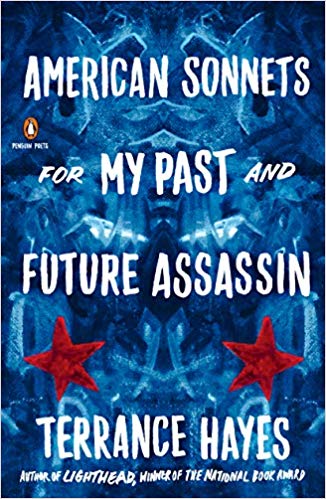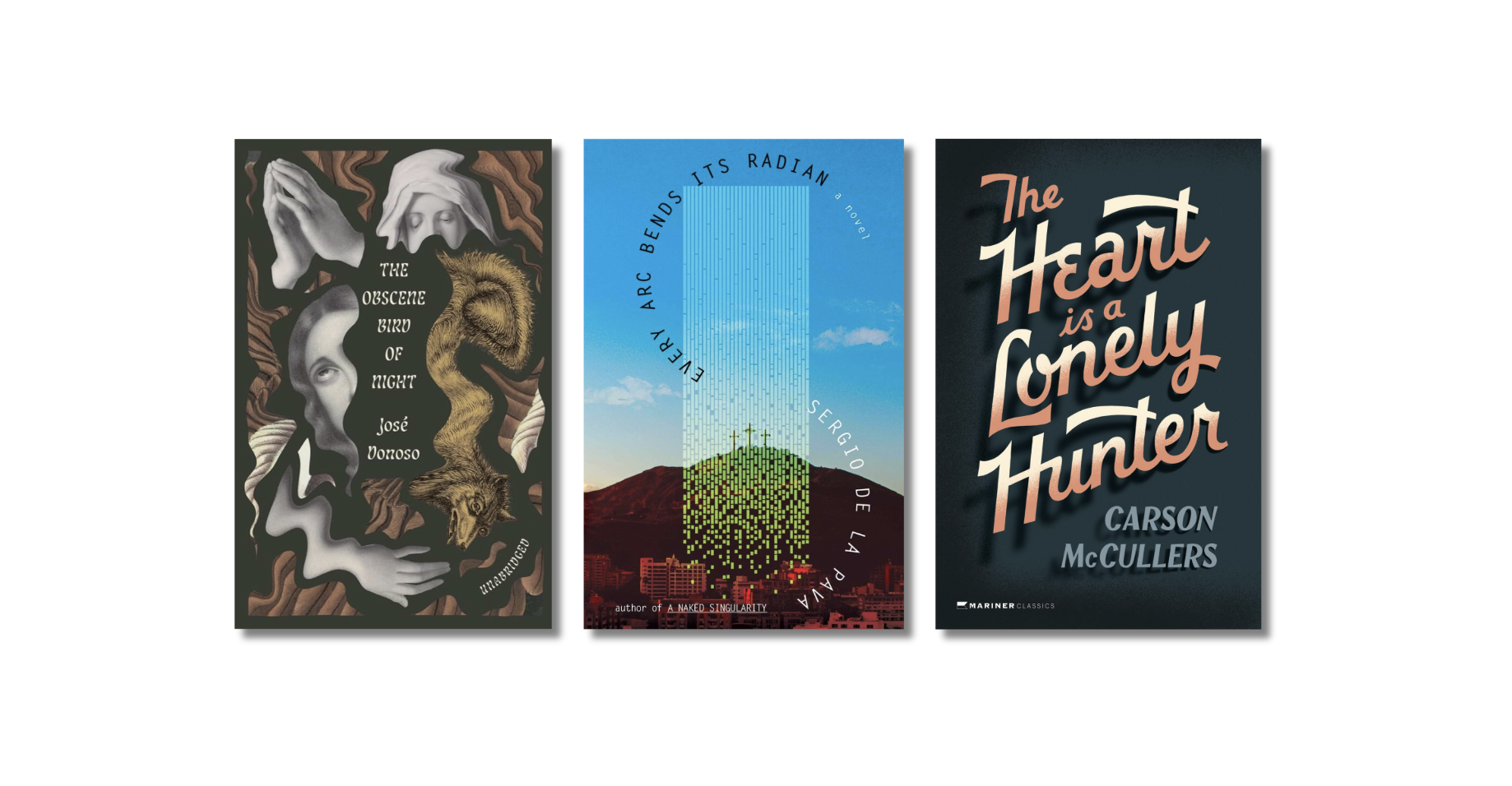In 1994, Wanda Coleman published American Sonnets, full of sonnets (14 lines, 10 syllables) that—among other things—don’t rhyme. The sonnets in Terrance Hayes’s American Sonnets for My Past and Future Assassin (2018) pay tribute to Coleman, and continue her project of experimentation with an old, often revered form. For Slate, Stephanie Burt writes about Hayes, American sonnets, and confinement: “Lyric poetry—the poet imagines—works by finding words for someone’s passions, which could also be your own: it can get you out of your one situation, your one body, your one life, though it will not literally free you from a literal jail.” Hayes’s sonnets may intentionally evoke feelings of confinement or discomfort in us, but they also contain the potential to lead toward liberation.
On American Sonnets










